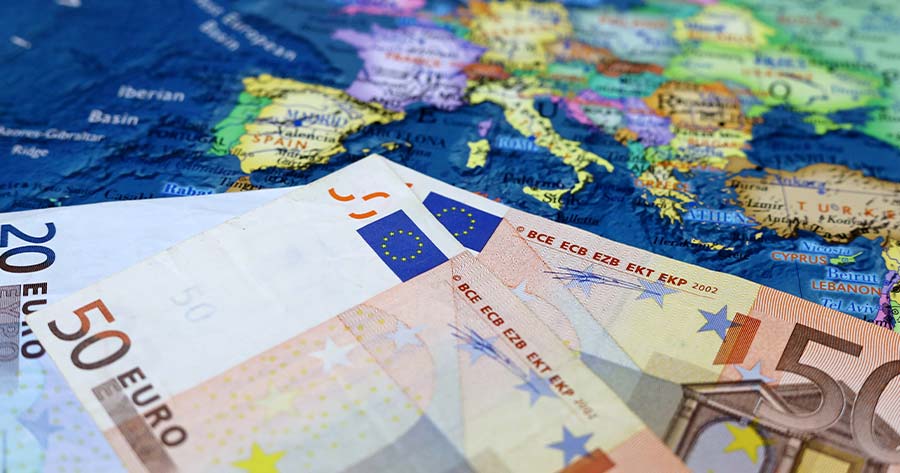In April, headline inflation in the euro zone remained stable at 2.4%, aligning with economists’ predictions, while core inflation, excluding energy, food, alcohol and tobacco, decreased to 2.7% from 2.9% in the previous month.
The euro zone saw a GDP growth of 0.3% in the first quarter, surpassing consensus estimates. However, a revision from no growth to a 0.1% contraction in the fourth quarter of 2023 indicated a technical recession in the second half of last year.
Meanwhile, there is growing anticipation for the European Central Bank to decrease interest rates at its upcoming meeting in June. Market indicators suggest a high likelihood of a rate cut in the month, with further expectations for cuts in July or September.
Several ECB members have highlighted the necessity of lowering rates to prevent a significant slowdown in the euro zone economy, citing concerns over oil prices and instability in the Middle East, while analysts at BNP Paribas believe that stable headline inflation, driven by higher crude oil prices, will likely support a rate cut in June, though they foresee uncertainty in the rate outlook post-June.





